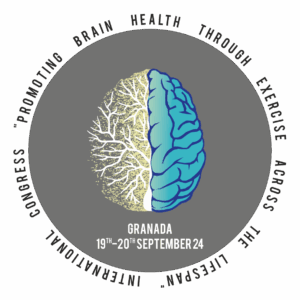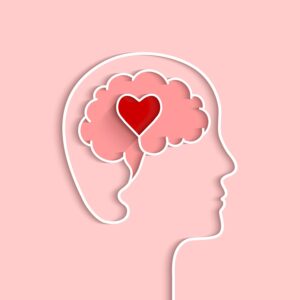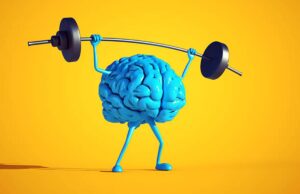
Have you ever wondered why your earliest years seem so hazy or completely absent from your memory bank? As a grown-up, recalling those tiny moments from your babyhood feels like trying to catch smoke—elusive and fleeting. But don’t worry! There’s a fascinating science behind why those early memories are often lost or simply never formed. Dive into this cheerful exploration of your forgotten infancy, and discover the secrets behind your blank slate of babyhood memories. It turns out, your brain was busy growing and shaping itself—sometimes leaving your earliest days as a delightful mystery.
Unlocking the Mystery: Why Your Babyhood Memories Are a Blank Slate
One of the biggest reasons you can’t remember being a baby is because your brain wasn’t fully developed yet. During the first few years of life, your brain is like a construction site, rapidly building neural connections and learning how to process the world. The parts of the brain responsible for long-term memory, such as the hippocampus, are still maturing during this period. Without a fully functioning hippocampus, your earliest experiences simply weren’t encoded as lasting memories, making them inaccessible later in life. It’s as if your brain was just a sponge soaking up information, but didn’t have the tools to store it away for safekeeping.
Another intriguing factor is language development. Our memories are often tied to language—words help us label and organize our experiences. Babies haven’t yet developed language skills, so their experiences lack the narrative tags that make memories retrievable as adults. Without words to anchor those early moments, they tend to drift away into the subconscious, like colorful balloons floating out of reach. This is why your earliest memories are often fragments or feelings rather than detailed stories you can recall at will.
Additionally, over time, the brain undergoes a process called “synaptic pruning,” which strengthens some neural pathways while eliminating others. This process helps make our brains more efficient, but it can also mean that many early neural connections, including those related to infancy, fade away. So, even if some memories were briefly stored, they may have been pruned away as your brain organized itself for future learning. All these processes combine to keep your babyhood memories locked away, creating that mysterious blank canvas from your early years.
The Curious Case of Childhood Amnesia: Memories That Never Made It to Today
Childhood amnesia, the common phenomenon where early memories are lost or inaccessible, is a curious case that has fascinated psychologists for ages. It’s almost as if there’s a built-in “memory eraser” that kicks in during childhood, preventing us from recalling our earliest days. Researchers believe this is a natural part of brain development, helping us focus on more recent and relevant experiences as we grow. After all, why clutter the mind with memories from when we couldn’t yet understand the world? It’s a cheerful reminder that your brain is constantly pruning and reorganizing to help you thrive.
Interestingly, some studies suggest that even though we can’t consciously remember our babyhood, our bodies might still hold onto some clues—like preferences, fears, or tendencies—that trace back to those early years. For example, a fear of loud noises or a love for certain smells might originate from experiences we don’t remember but whose echoes remain woven into our subconscious. This hidden legacy adds an intriguing layer to the mystery, showing that memory isn’t just about what we can consciously recall but also about the subtle influences that shape who we are.
Moreover, childhood amnesia isn’t a flaw but rather a feature of how our minds develop. It allows us to form a sense of continuity and identity, building our memories on experiences that are meaningful and comprehensible. Without this, every moment from infancy would be a fresh surprise, making life feel chaotic rather than coherent. So, the next time you wonder why you can’t remember being a baby, remember—your brain was busy crafting the incredible adult you, gently letting go of the tiny, indistinct images of your earliest days. Instead, it’s quietly working behind the scenes to make sure you grow into a curious, vibrant person ready to explore the world.
===OUTRO:===
In the end, the mystery of why you can’t remember being a baby is a beautiful reminder of how complex and marvelous your brain truly is. From its early construction to the silent pruning of memories, your mind has been busy building the foundation for your identity—often without your conscious awareness. Embrace this charming blank slate, knowing it’s part of your unique developmental story. After all, the most wonderful adventures are often just beyond the reach of memory, waiting to be discovered anew in each moment of your vibrant life!






